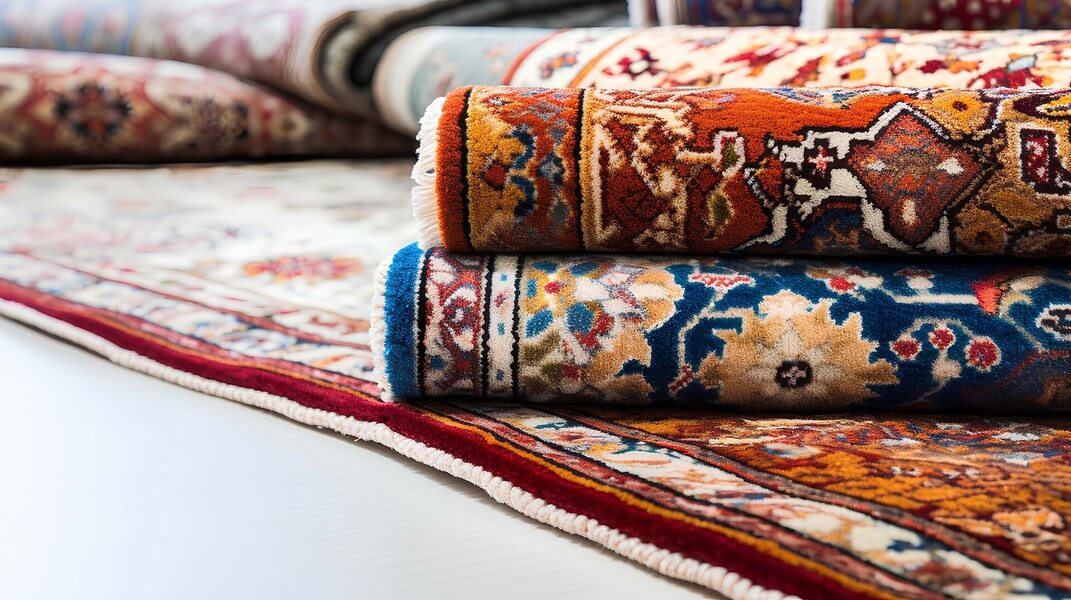Strategies to Enhance Your Financial Well-being
You’ve probably come across countless ways to save money. But here, it’s not just about saving; it’s about getting more out of what you have. How can you ensure that every penny you spend truly counts? Let’s deep-dive into actionable strategies that allow you to live a fulfilling life without denting your bank account.
Prioritize Quality Over Quantity
It’s tempting to jump at every deal that comes your way, but are you genuinely saving if that bargain item doesn’t last? Instead of focusing on short-term savings, invest in quality items that might cost a bit more initially but will save you in the long run. For instance, a sturdy pair of shoes can serve you for years, outlasting several cheaper pairs.
The Power of DIY
Before outsourcing a task or buying a product, ask yourself, can you make it or do it yourself? From home maintenance tasks to gourmet meals, the DIY approach can save you money. Furthermore, this can turn into a hobby or skill set that you might end up loving. The internet is replete with tutorials to guide you.
The 30-Day Rule
Impulse buying can be your bank account’s worst enemy. Every time you feel the urge to buy something on a whim, wait for 30 days. If, after this period, you still feel it’s a necessary purchase, go for it. Often, you’ll find that the urge to buy has subsided. This simple rule can drastically reduce unnecessary expenses.
Make Smart Use of Technology
From price comparison tools to budgeting apps, technology has a lot to offer to the frugal-minded. Take advantage of cashback offers, digital coupons, and loyalty rewards. These little savings can add up to a significant amount over time.
Challenge Traditional Concepts
Who said you need the latest gadget or fashion trend to be content? Challenge the notions of modern consumerism. Instead, cultivate contentment with what you have and focus on experiences over possessions.
Find Alternatives
For most products or services, there’s usually a less expensive alternative that doesn’t compromise on quality. Be it generic medicines over branded ones or local markets over malls, sometimes the alternatives offer even better value.
Stay Informed
Being well-informed about economic trends and financial news can give you a leg up. Knowing when interest rates are predicted to rise, for instance, might influence your decision about when to take out a loan.
Have Clear Financial Goals
Having clear financial goals can make it easier to say no to unnecessary expenses. Whether it’s saving up for a trip, a house, or retirement, keeping your goals at the forefront can make frugality a more straightforward choice.
Stretching Each Rand to its Limit
“Frugal living”, at its core, is the practice of getting the maximum out of your resources. While the term might conjure images of penny-pinching and avoiding all luxuries, it’s more about making informed and wise decisions about how you allocate your resources, particularly money. So, how can you integrate frugality into your everyday life, especially if you’re residing in the vibrant heart of South Africa? Here’s a comprehensive guide to help you understand and adopt this mindful way of living.
Understanding the Essence of Frugality
The idea is simple: being economical with your resources. However, this doesn’t mean you skimp on every pleasure; it’s about discerning where and how you spend, ensuring it aligns with your goals and needs.
Tips for Embracing a Frugal Lifestyle
- Opt for Longevity over Excess: Instead of constantly refreshing your wardrobe with the latest trends, focus on versatile, durable items. Think of it as an investment. The Rand spent on quality items now might save you threefold in the future. For instance, locally made leather boots might have a steeper upfront cost than fast-fashion alternatives, but their longevity is unmatched.
- Seek True Value, Not Just Low Prices: While markets in Durban might tempt you with low prices, always question the value. Sometimes, paying a bit extra initially, say, for bulk spices or grains, can result in substantial savings over time. Additionally, availing yearly packages or memberships, like for a streaming service, often comes at a discounted rate compared to monthly payments.
- Credit: A Tool, Not a Crutch: Especially pertinent in South Africa’s dynamic economic landscape, credit should facilitate convenience, not induce debt. Adopt practices like monitoring your credit utilization or capitalizing on credit cards offering cash back. For instance, certain cards, like the Synchrony Premier World Mastercard®, offer notable benefits with no annual fee, which, if managed wisely, can enhance your budgeting efficiency.
- Regularly Reassess Your Possessions: South Africans know the importance of space, whether it’s in urban apartments or countryside homes. Regular decluttering ensures efficient use of this space. Adopting a regular decluttering routine, like the “one-in, one-out” principle, ensures you’re not hoarding. Plus, platforms like Gumtree allow you to sell unwanted items, giving them a second life and padding your wallet.
- Budgeting as Your Financial Compass: Whether you’re in Pretoria or Polokwane, budgeting is universal. Instead of viewing it as a constraint, perceive it as your roadmap to financial security. There are myriad budgeting methods tailored to different needs – from zero-based budgets to the envelope system. The key is consistency and reflection, adjusting as you evolve.
Household Savings Rate Shifts According to the South African Reserve Bank, the household savings rate in South Africa has seen fluctuations over the years, often falling into negative figures. This indicates that many families are spending more than they’re earning. Embracing frugal living strategies can significantly aid households in reversing this trend and building a positive savings rate.
Rising Consumer Debt Levels Data from the National Credit Regulator highlights that a significant portion of South African consumers are burdened by debt, with many spending over 50% of their monthly income servicing this debt. By adopting value-driven spending habits, consumers can work towards reducing their debt load and achieving financial freedom.
Grocery Spending Habits A study conducted by BusinessTech showcased that the average South African family spends approximately 10% of their total income on groceries alone. With rising food prices, implementing frugal strategies like bulk-buying, seasonal shopping, and avoiding wastage can make a considerable difference in monthly expenditure.
Energy Consumption Insights Eskom’s annual reports indicate that the cost of electricity has surged in the past decade. South Africans are now searching for energy-saving measures more than ever before. Simple frugal habits, such as unplugging unused appliances and using energy-efficient bulbs, can lead to notable monthly savings.
Water Usage and Conservation Given South Africa’s history with droughts and water restrictions, efficient water use is not only a money-saving strategy but an environmental imperative. Reports from Cape Town’s water crisis highlighted that households could save significant amounts on water bills by employing strategies like collecting rainwater and reusing greywater. These frugal methods not only minimize spend but also promote sustainability.
If you’re eager to dive deeper into frugal living strategies and tailor them to fit your unique situation, we’re here to guide you. By making mindful choices today, you pave the way for a secure tomorrow. Visit our contact page now, and let’s collaboratively address your challenges, ensuring you live well without unnecessary financial strain.




